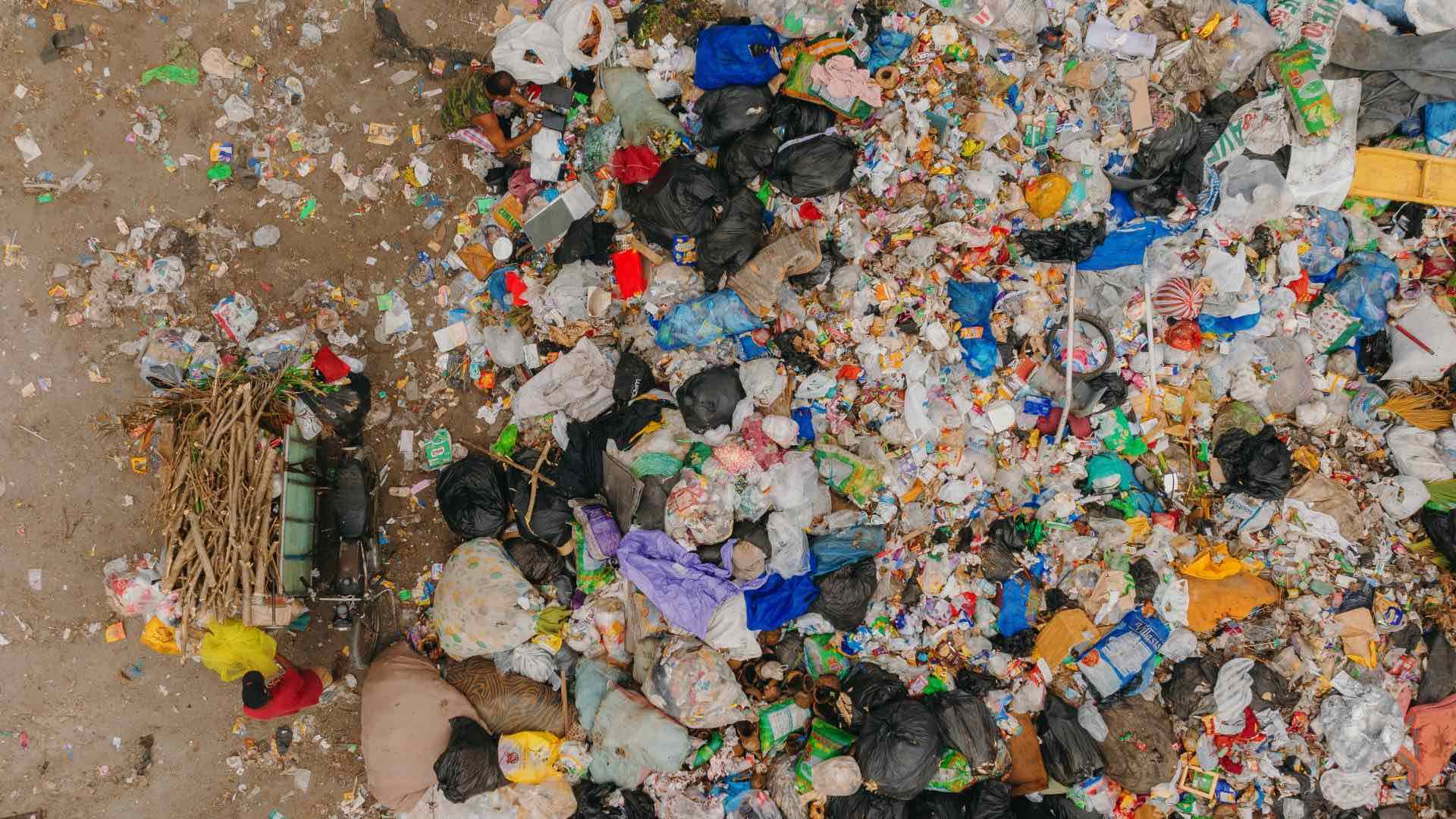The Philippines is Turning the Tide on Plastic Waste


Nanette Medved-Po is founder of PCX Markets, a credit marketplace funding the cleanup of plastic pollution, and of PCX Solutions, which manages a framework for verifiable plastic crediting programs called the Plastic Pollution Reduction Standard.
The Philippines, long one of the biggest producers of oceanic plastic waste, is now moving quickly and boldly to tackle this crisis.
Over the last year, Manila has rolled out one of the world's most ambitious laws on extended producer responsibility (EPR).
EPR rules, which hold manufacturers accountable for managing waste resulting from their products and encourage a circular economy, are a key topic of discussion among negotiators working on a U.N. plastics treaty.
There are already well-established EPR regimes in a number of developed markets, including Japan, South Korea and Taiwan. These typically involve government-funded collection and sorting of plastic waste.
U.N. treaty negotiators, who met last month in Ottawa, Canada, need to move as boldly as Philippine legislators if a practical solution is to be found to stem the tide of plastic production and clean up the more than 9 billion tons of legacy plastic waste that threatens our planet today.
Half of the top 10 countries ranking as the biggest contributors to plastic leakage into rivers and seas are in Southeast Asia. The Philippines and Indonesia, both archipelago nations made up of thousands of islands, are at the epicenter of this crisis. The challenges faced by these ecologically vulnerable and geographically disadvantaged developing countries must be addressed in the plastics treaty.
The Philippines alone consumes over 2.15 million metric tons of plastic each year. Just 9% of that is recycled, while a whopping 35% makes its way into the environment, according to the World Wildlife Fund.
The move by consumer products companies to offer products such as shampoo and cosmetics in small plastic pouches to make them more affordable to lower-income populations has resulted in an explosion of low-value plastic that is nearly impossible to recycle and contributes to leakage from landfills into waterways.
The Philippine Extended Producer Responsibility Act required companies with at least 100 million pesos ($1.7 million) in assets other than real estate to recover 20% of the plastic waste that remains after their products are used by consumers through recycling, upcycling or waste-to-energy conversion by the end of 2023.
By the end of this year, at least 40% of the waste must be diverted from reaching nature. The ratio then ratchets up another 10 percentage points each year through 2028, when it will reach 80%.
The Philippines has taken a pragmatic approach and crafted an accessible law that makes these goals achievable. Companies covered by the law have a menu of upstream and downstream options to choose from in order to comply, spanning waste reduction, use of recycled content, adoption of reusable packaging, and purchasing audited, verified credits to fund the cleanup of other plastic waste.
A market-based mechanism like credits, which facilitate the cleanup of plastic waste and encourage the private sector to invest in waste infrastructure, will be critical for emerging markets that lack collection and recycling systems.

We are already starting to see green shoots emerge.
Consider Royal Rainbow Recycling, which turns old plastic bottles into flakes that can be used to create new plastic containers, straps and fabrics.
Rising demand in the Philippines for credits to offset plastic waste that companies cannot immediately eliminate has helped reduce the volatility brought on by fluctuations in demand for flakes, giving Royal Rainbow the confidence to invest in more capacity and to increase the price it pays for used plastic bottles, improving the livelihoods of waste pickers and incentivizing them to collect more.
Likewise for Rural Industrial, which uses plastics from beverage cartons and other low-value flexible items to make boards for use in construction and furniture. Demand for credits has helped subsidize its operating costs, and it aims to triple its processing capacity by September.
Thanks to escalating EPR targets, plastic credits will continue to drive much-needed capital into an underfunded sector without putting a strain on municipal budgets. This is critical for emerging markets like the Philippines, given its large informal economy and limited tax base.
The best EPR regimes fine polluters who fail to meet legal requirements. To be effective, this has to go beyond a mere business cost. In the Philippines, companies that do not meet their targets can be fined up to 10 million pesos for the first offense, scaling up to 20 million pesos for the third. A further violation can result in their business permit being suspended.
Companies in the Philippines have until July 1 to submit their audited compliance reports. The Department of Environment and Natural Resources, which oversees the EPR program, has announced that 41% of an estimated 2,130 covered companies have formally registered their EPR plans for the year. This is encouraging, given the speed at which this law was enacted and the short period given to companies to respond.
There is still a long way to go. The Philippines is still figuring out how to tackle a range of complex issues, such as how to standardize packaging redesign, how to integrate and protect the informal waste sector, how to best roll out a public registry for EPR compliance and how to work with companies seeking to comply with the EPR law through investments in infrastructure.
Still, the rate of progress is heartening. Southeast Asia has been hit harder than any other region by the plastic waste crisis so it is exciting to see solutions emerging here. The Philippine approach can offer a model for U.N. negotiators as well as any country that does not want to wait for global action to tackle the plastic pollution crisis today.
Visit this article on the website here.
New law has made companies responsible for keeping their products out of the sea.

Let’s Get To Work
%20copy.jpg)